Hold a Covid pandemic inquiry, but leave politics out of it
If the public had really opposed Dan Andrews’ response to Covid, his government would have been thrown out.
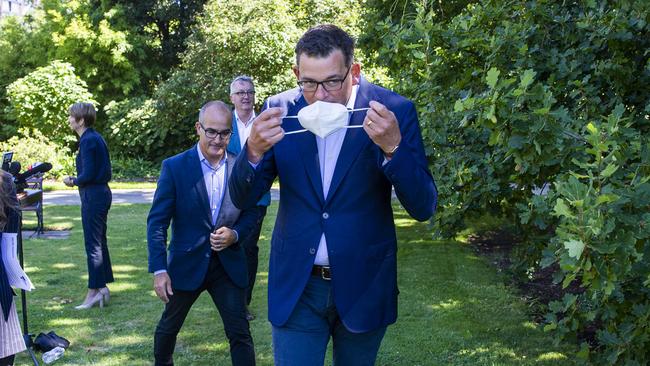
It is no secret that polling is often employed to massage opinion towards certain actions as much as to ascertain public compliance with health orders. In Britain much of the scandal surrounding Matt Hancock, the former health secretary’s tweets and phone messages, are exactly about how far Hancock’s and the British government’s political self-interest affected the real health aspects of pandemic management.
However, there are two concerns in looking at the Victorian pandemic situation in the same way: health versus politics. The first is the numbers governing the Melbourne situation.
At the height of the Victorian lockdown in 2020 – with Scott Morrison criticising Victoria’s response and comparing infections in Sydney with Melbourne, commentators calling it unnecessary and a recipe for dictatorship despite 800 deaths – the rate of infection in Victoria far outstripped that of NSW.
According to respected epidemiologist Mary-Louise McLaws of the University of NSW, “Victoria was way beyond the numbers where they could safely ease restrictions.” Those numbers were based on a 14-day rolling average (a double average of the incubation period), and a comparison between NSW and Victorian rates of infection, not raw numbers, shows how serious and lengthy was the situation in Melbourne.
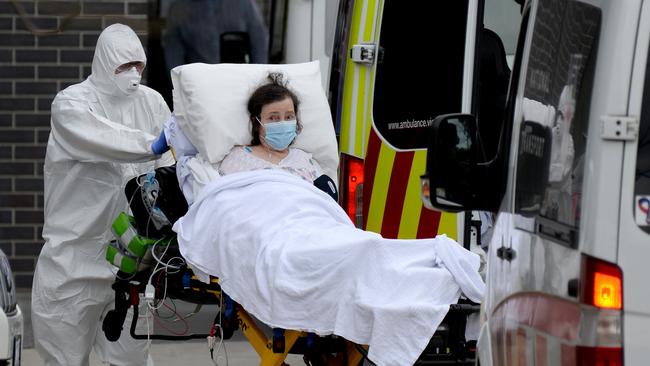
Those numbers deserve repeating. On August 2, 2020, Victoria’s average rate was 30 times higher than that of NSW. Two days later it was 36 times higher; by August 10, 37 times higher. By September 6 it had begun to drop, but on September 23 it was still 14 times higher. By the second stage, September 28, Victoria had a 20 times higher average than NSW. It was only by October 26 that Victoria was matching NSW. Sydney had been in the green zone 42 days and Victoria for three. Sydney could control outbreaks with local restrictions and testing because it was in a different phase.
So, despite public fatigue, according to conservative health opinion, opening sooner was “simply not on”. The thresholds for easing restrictions are not the same as the threshold for reintroducing restrictions, which according to Victoria’s Health Department meant a comparison with Sydney (as Morrison made) was not meaningful. “Case numbers or thresholds need to be interpreted in the broader context of the local epidemiology at that time.”
Epidemiology is a discipline mired in complexity, mindful of both numbers and social/economic factors that govern responses to disease control. But public opinion matters, if for no other reason than it affects how far governments can control behaviour and rely on compliance with health orders.
Catherine Bennett, an epidemiologist from Deakin University, while agreeing action was needed in Melbourne in 2020, takes issue with the length of the lockdown, as disease was mainly restricted to aged care.
In a paper that assesses the Australian response to the pandemic, she points to the necessity of putting systems into place now for aged care to protect against a recurrence of the situation that killed 800 people in Melbourne.
Bennett says lockdowns should be rare: “They are a precious commodity. They should be used carefully and sparingly.” What is more, she agrees that getting out of a lockdown is perhaps more difficult than going into one.
One incident illustrates, more than any other, how getting out of lockdown affects the interface between public opinion, politics and good health management.
Bennett points to the mistake Andrews made in July 2021 in getting out of a lockdown too early. Public fatigue with lockdowns propelled the government to come out of a two-week lockdown, but they had to go back nine days later. Bennett thought they should have continued in the light of mystery cases, and higher infection rates, hence the about-face. Obviously, public opinion affected this particular decision. Public opinion, politics and good health management are intertwined during health emergencies, and health is the one area most people feel a personal investment in government decisions.
So, the second reason that a blunt politics versus health scenario is not valid in the case of Melbourne is simply the biggest public opinion poll of all is an election. Andrews was returned at the election with a comfortable majority.
Whether you thought the response of the Andrews government massaged public opinion during the pandemic, it is unlikely that opinion went against the way the government handled the pandemic to supporting it. If the public had really opposed Andrews’ handling, the government would have been thrown out.
The connection between politics, public opinion and health management in a pandemic is a given. There is no way in a well-run democracy that they can’t intersect. There will be more pandemics, so an inquiry would be welcome. Bennett suggests we need a nationwide assessment of the actions of each health department and nation-level data sharing for future broadbased decision-making. She is right.
But an inquiry as a political exercise orchestrated on ideological lines would be useless.


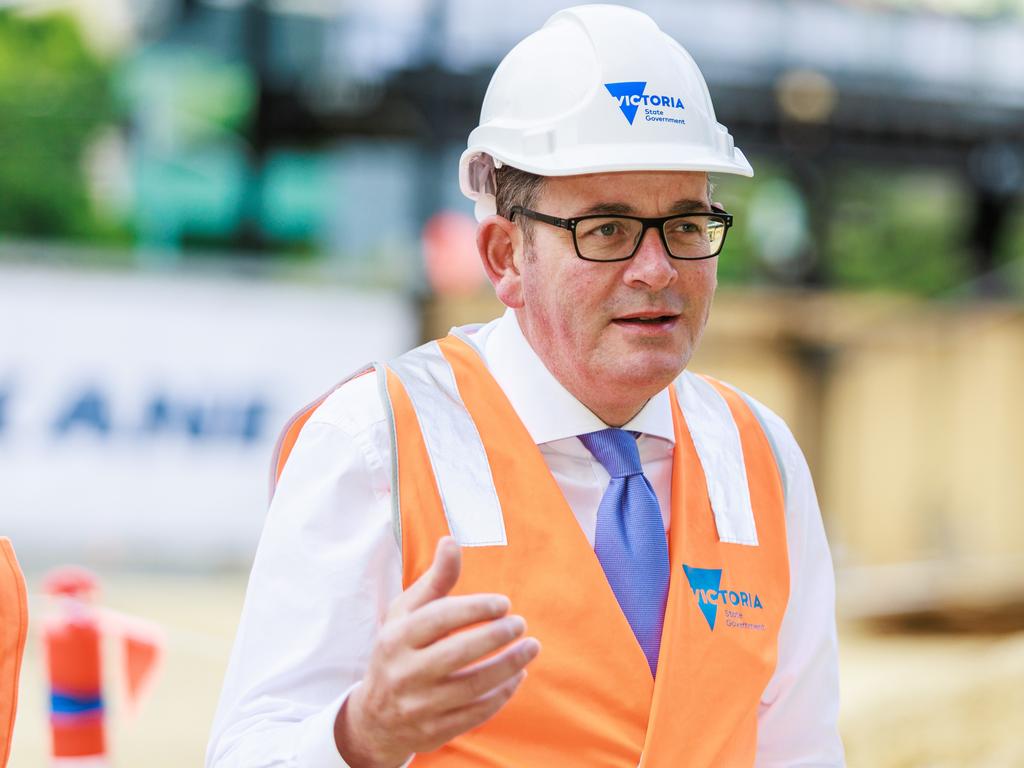
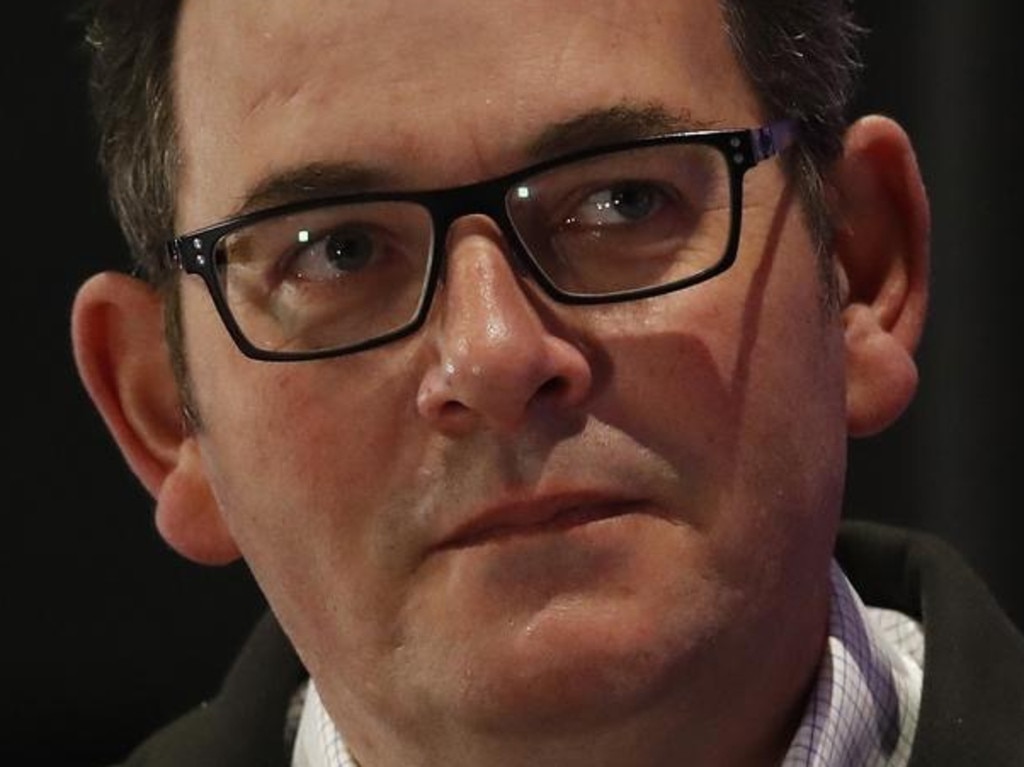

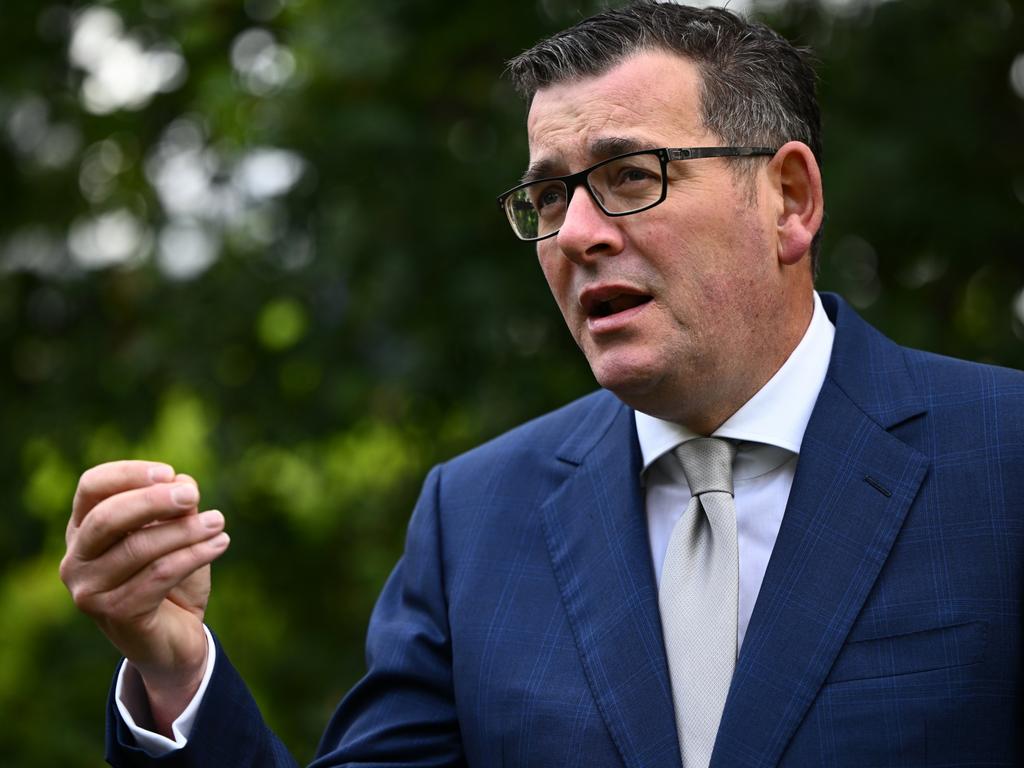


“Were millions of Victorians subjected to one of the world’s most extreme Covid-19 lockdowns for health reasons or for the political expediency of Premier Daniel Andrews?” The Australian’s editorial asked on Wednesday, in light of public opinion polling that the Victorian government commissioned during the pandemic.